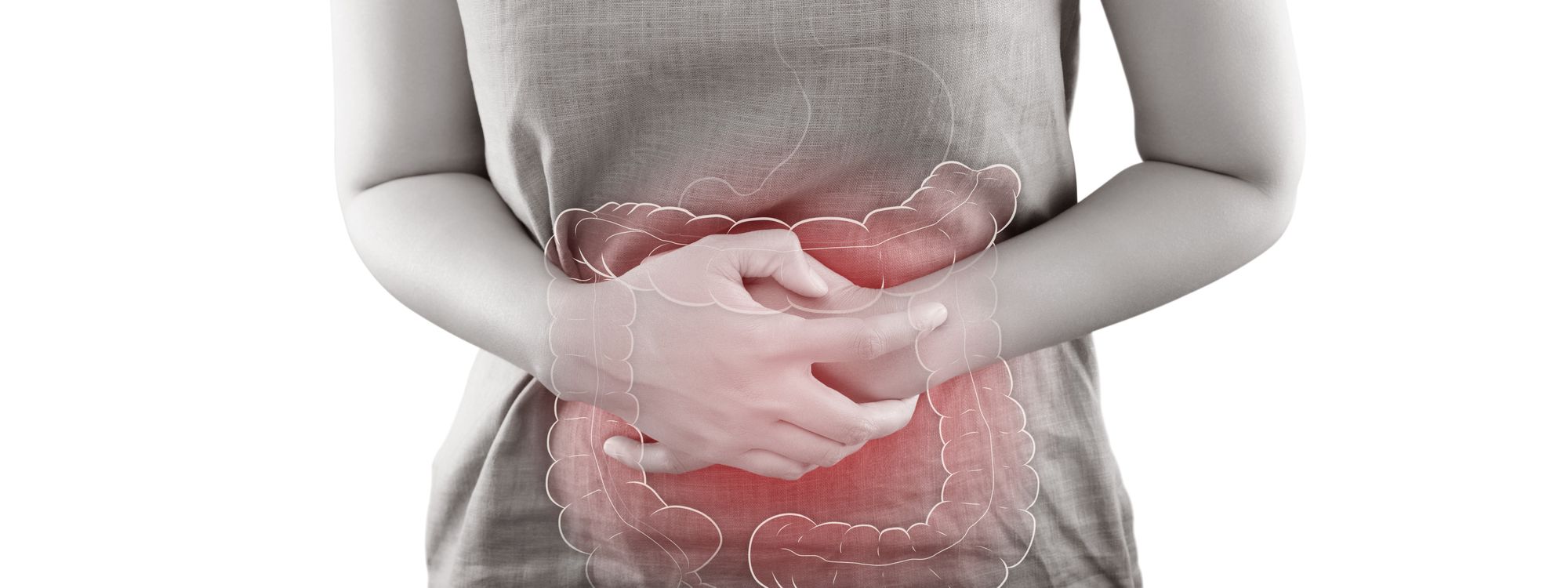
Understanding the link between your diet and diarrhea can be a critical component in managing this common health issue. Diarrhea can be a symptom of various serious conditions, which is why it's crucial to consult a healthcare professional if you experience it frequently or if it persists for a prolonged period.
When dealing with diarrhea, it is advisable to steer clear of foods high in fat. These include fried foods and those rich in condiments. A high-fat diet can intensify the contractions of an already sensitive intestinal tract, potentially worsening the condition.
Dairy products are another category of foods to avoid during a bout of diarrhea. This recommendation holds true even if you do not have lactose intolerance. Diarrhea can diminish the intestinal enzymatic heritage, which includes lactase, an enzyme necessary for digesting lactose, a sugar found in milk. With reduced lactase activity, the digestion and absorption of lactose become difficult, leading to water retention due to the osmotic effect and symptoms like bloating, flatulence, nausea, and more diarrhea. For this reason, it is advisable to avoid milk, ice cream, and cheeses, even if they are lactose-free but high in fat.
Certain artificial sweeteners used as sugar substitutes can have a pronounced laxative effect, which can aggravate diarrhea symptoms. Examples include polyols such as sorbitol, mannitol, and xylitol. Therefore, items like chewing gum, sugar-free drinks, sweets, and tablet sweeteners should be excluded from your diet when dealing with diarrhea.
Foods that increase intestinal gas like beans, broccoli, cabbage, cauliflower, onions, peas, smoothies, and carbonated drinks should also be avoided as they can exacerbate diarrhea symptoms.
Certain foods and beverages can irritate the digestive system's mucous membranes, potentially worsening diarrhea. These include coffee, chocolate, chili pepper, and alcohol.
When experiencing diarrhea, it's important to focus on foods that can soothe your digestive system and help restore key nutrients.
A well-known approach includes Bananas, Rice, Applesauce, and Toast. These foods are bland, easy to digest, and can help firm up stools. Bananas also provide potassium, a crucial electrolyte often depleted during diarrhea.
Staying hydrated is essential. Drink clear broths, rehydration solutions, and herbal teas to maintain fluid balance and provide electrolytes.
Yogurt with live cultures can be beneficial due to probiotics, which help restore healthy gut bacteria. Opt for varieties with low sugar and no artificial sweeteners.
Soft-cooked vegetables like carrots and squash are easier to digest and provide vitamins and minerals without irritating the intestines.
Consider baked or grilled chicken (without skin), turkey, or fish. These proteins are less likely to aggravate digestion compared to fatty meats.
Saltine crackers or plain, white bread can be gentle on the stomach and provide a small source of energy without excessive fiber.
Aside from monitoring what you eat, ensuring proper food hygiene is critical when dealing with diarrhea. Consuming potentially hazardous foods, such as those not adequately cleaned, prepared, or stored, can lead to food poisoning, which can be particularly harmful when your body is already weakened by diarrhea.
For instance, consuming stale fish or eggs can lead to food poisoning. Therefore, it is crucial to adhere to fundamental hygiene rules like thoroughly washing food, properly cooking eggs, meat, and their derivatives, and meticulously cleaning the surfaces where food is prepared.
In addition, it's important to wash your hands thoroughly before preparing food and after handling raw meat. It's also recommended to keep raw and cooked meats separate to prevent cross-contamination.
In conclusion, while diet alone cannot cure diarrhea, the right dietary choices can help manage its symptoms and prevent further complications. Always consult with a healthcare professional for personalized advice.